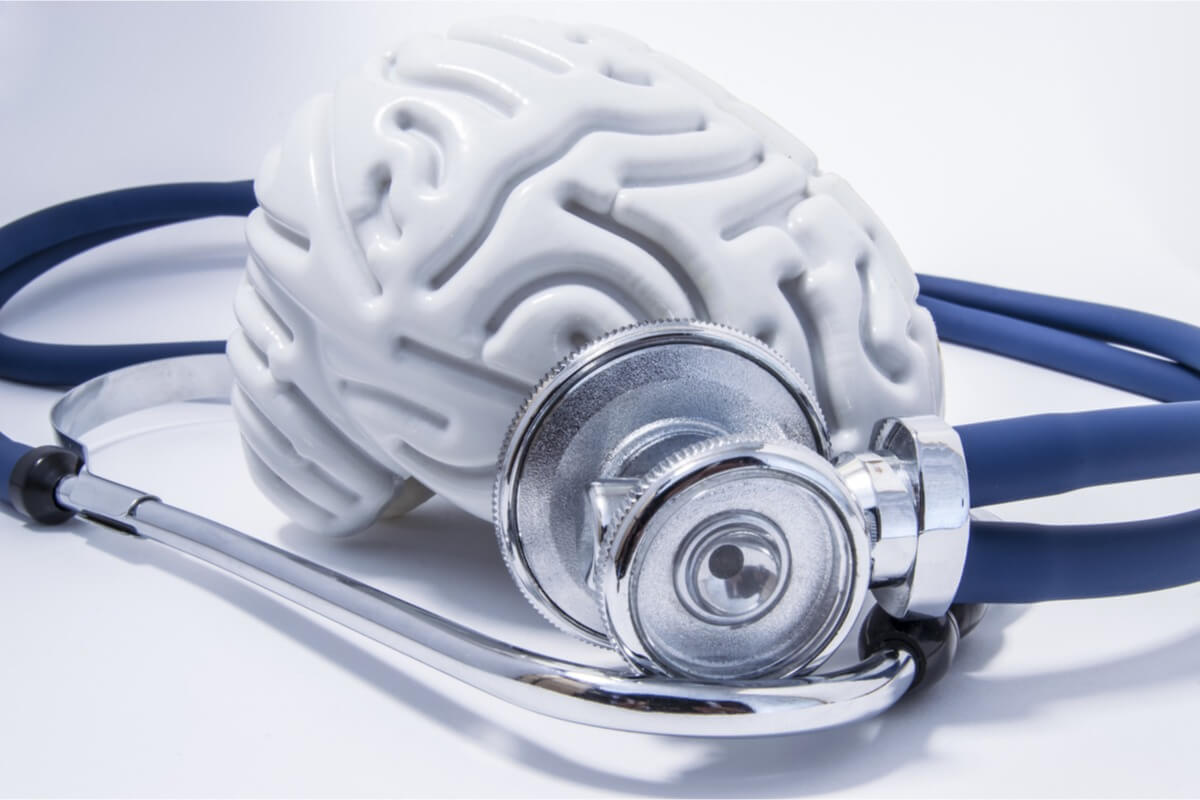
Car crashes can cause hidden traumatic brain injury and emotional disorders. Recognizing key TBI and PTSD symptoms after an accident is crucial for diagnosis, treatment, and obtaining compensation.
Comparing Key Points
| Traumatic Brain Injury (TBI) | Post-Traumatic Stress Disorder (PTSD) | |
| Definition | Physical brain damage from impact | Mental disorders from experiencing trauma |
| Symptoms | Headaches, vision issues, mood changes | Flashbacks, avoidance, negative thoughts |
| Diagnosis | CT scans | Mental health evaluation |
| Treatment | Medical care, rehabilitation | Therapy, medication |
What are some common signs that may indicate a traumatic brain injury after a car accident?
Blurred vision, difficulty sleeping, irritability, headaches, and loss of consciousness are possible symptoms. Getting medically evaluated can confirm if a TBI occurred.
Car accidents happen fast. They’re terrifying, adrenaline-pumping, and filled with chaos, regret, frustration, and fear. Unfortunately, it only takes one car accident to change your life forever. With over 3 million injury-causing accidents each year, car crashes remain one of the most common causes of preventable injuries in the United States. In fact, studies show that 1 in 3 people know someone who was injured in an automobile accident.
- Statistical Insight: 1 in 3 people know someone injured in a car accident.
- The Hidden Impact: Many injuries, especially traumatic brain injuries (TBI) and PTSD, may not be immediately noticeable.
Unfortunately, many of those injuries aren’t immediately visible. Broken bones, gashes, bruising, and cuts may all show symptoms immediately after impact, but other injuries often go unnoticed for lengthy periods of time. For example, traumatic brain injuries and psychological disorders like Post Traumatic Stress Disorder (PTSD) can take days, months, weeks, and even years to fully develop.
- Delayed Onset: TBIs and PTSD can develop over time, often unnoticed.
- Importance of Early Detection: It’s crucial to get a check-up after a car accident.
Luckily, there are a few tell-tale symptoms of these injuries that you may notice relatively soon after an accident. It’s crucial that you get an immediate check up at the doctor after a car accident. Not only could it help you get the reimbursement you deserve on your claim, but it could save your life.
Your Brain and Car Crashes
When you’re in a car accident, your head is in an extremely dangerous position. There are mere 6.5 millimeters of hard skull between your dashboard and your brain — which is around 4-pounds of extremely and squishy tissue. When your head is whiplashed in an accident or impacted against a hard surface like your dashboard, those 4-pounds of tissue can move around sporadically, colliding into that hard skull and causing bruising.
- Vulnerability of the Brain: The skull offers minimal protection in high-impact scenarios.
Traumatic Brain Injury (TBI) refers to any damage caused to the brain by physical impacts — such as car accidents. TBIs are an extremely serious medical emergency that requires immediate medical attention. During treatment, you may require an extended medical stay, scans, and consultation from medical professionals like neurologists and surgeons. The medical bills associated with TBI are often expensive, and many patients spend weeks or months out-of-work, while others may deal with lifelong physical or psychological issues related to the trauma.
- Seriousness of TBIs: Immediate medical attention is crucial.
- Economic and Personal Impact: TBIs can lead to significant medical expenses and time off work.
Signs of a Traumatic Brain Injury
There are two types of traumatic brain injury:
- Closed: Most TBIs don’t come paired with a serious flesh wound. Closed TBIs happen when a person comes to a sudden stop or quickly impacts a surface. The brain moves up-and-down and side-to-side inside of your skull, causing bruising and swelling. This type of TBI is the most common brain injury from car accidents. Remember, you don’t have to see any physical bruising, bumps, or lacerations on your head to have TBI.
- Open: Contrary to closed TBIs, open TBIs leave part of the brain and skull exposed. These are commonly caused by gunshot wounds and sharp trauma, but they can happen during accidents when the skull hits the dashboard or steering wheel.
Additionally, TBIs can either be “primary” or “secondary.” Primary TBIs occur at the point of impact and may include fractures to the skull, bruising around the brain, bleeding around the brain, or a diffuse axonal injury — which happens when axons in the brain are stretched and damaged when the brain moves around the skull. Secondary injuries happen after the point of impact and include damage from pressure around the brain due to swelling and a lack of oxygen to the brain.
For both types of traumatic brain injury, cranial tomography (CT) scans are often used to identify the source of bleeding, swelling, or bruising. While TBIs can cause loss of consciousness and memory issues, some TBIs are hidden and difficult to recognize without a CT scan.
Signs of Traumatic Brain Injuries include:
- Blurry or distorted vision
- Loss of consciousness
- Difficulty sleeping
- Changes in personality
- Irritability
- Sudden and unusual depression
- Problems with memory or thinking clearly
- Olfactory issues (e.g., smelling scents that aren’t there, changes in scent, inability to smell, etc.)
- Sensitivity to lights or sounds
- Headache
- Dizziness
- Ringing in the ear(s)
Critical Reminder: If you experience any of these symptoms after a car accident, it’s critical to see an emergency care room as soon as possible.
What is Post Traumatic Stress Disorder?
Not all accident-related brain injuries are physical. The National Institute of Health estimates that 39.2% of motor vehicle accident survivors experience Post Traumatic Stress Disorder (or PTSD).
In fact, motor vehicle accidents are the leading cause of PTSD in the general population.
The Statistical Manual of Mental Disorders (DSM-5) recognizes PTSD as a mental disorder that occurs after experiencing significant trauma, and PTSD sufferers are 3x more likely to experience depression and much more likely to abuse alcohol and other substances.
For one-third of PTSD sufferers, the mental disorder is lifelong. PTSD can impact your ability to work and earn wages, live a normal life, and function ideally.
If you think you’re suffering from PTSD after a vehicle accident, it’s important to reach out to a mental health specialist for a diagnosis. You may also want to contact a lawyer to discuss your options.
PTSD is often an expensive and debilitating disorder to combat, and you may deserve compensation to help you fight your PTSD diagnosis.
Symptoms of PTSD
Like many mental disorders, PTSD can be debilitating, life-changing, and frustrating. You may deal with sleepless nights, irrational behaviors, and intense anxiety. Similar to TBI, there are many different symptoms that may indicate PTSD, and not every person experiences the same set of symptoms. PTSD symptoms include:
- Avoidance of anything that reminds you of the traumatic event
- Intrusive memories
- Nightmares
- Flashbacks to the accident
- Depression
- Negative thoughts about the world, people, or yourself
- Difficulty maintaining close relationships
- Substance abuse
- Lack of interest
- Changes in mood
- Self-destructive behavior
- Guilt, shame, or irritability
- Trouble sleeping or trouble concentrating
If you’re experiencing any of the symptoms of PTSD after a car accident, it’s important to see a mental health provider right away. We also recommend reaching out to your lawyer to discuss compensation. Remember, combating PTSD can be expensive and difficult, and you may deserve help fighting this horrible mental illness.
How AKD Can Help You Get Compensation After the Impact
Navigating the complexities of car accidents can be overwhelming, especially when dealing with the aftermath of severe injuries. Understanding the root causes, such as those behind 18-wheeler accidents, can be crucial in building a strong case.
Similarly, recognizing specific injuries like car crash chest injuries can help in determining the extent of compensation. It’s also essential to be aware of legal nuances in different states, such as liability waivers in Louisiana.
Staying updated with recent news and understanding the legal rights associated with catastrophic injuries can further strengthen your claim.
Have you sustained a traumatic brain injury or mental disorder associated with a car accident? You may be entitled to compensation. At Alvendia, Kelly & Demarest, we fight to help our clients get the compensation they deserve. Contact us at 504-618-1638 or online for a free consultation.
Categories
- Bicycle Accidents
- Car Accident
- Case results
- Class Action
- Community Aid
- COVID-19
- Fun
- General
- Hard Rock Lawsuits
- Holiday
- Insurance Claims
- Legal Advice
- Mardi Gras Accident Attorney
- Mass Tort
- Medical
- Motorcycle Accident
- Personal Injury
- Practices
- Premise Liability
- Recent News
- Safety
- Truck Accidents
- Uncategorized
- Weather
- Work-Related Accident

In 2003, after being dissatisfied with the quality of legal care for victims of car accidents, Roderick ‘Rico’ Alvendia sought to establish a new firm focused on providing high-quality legal services to aid injured victims and their families. J. Bart Kelly, sharing Rico’s passion for upholding justice, joined the firm later that year, and established a partnership.






